
The Nations Will Perish From His Land
While we're in a state of declared war, many ask Rabbi Arush about the balance between making efforts for self-defense and emuna. Rabbi Arush explains how both work together...
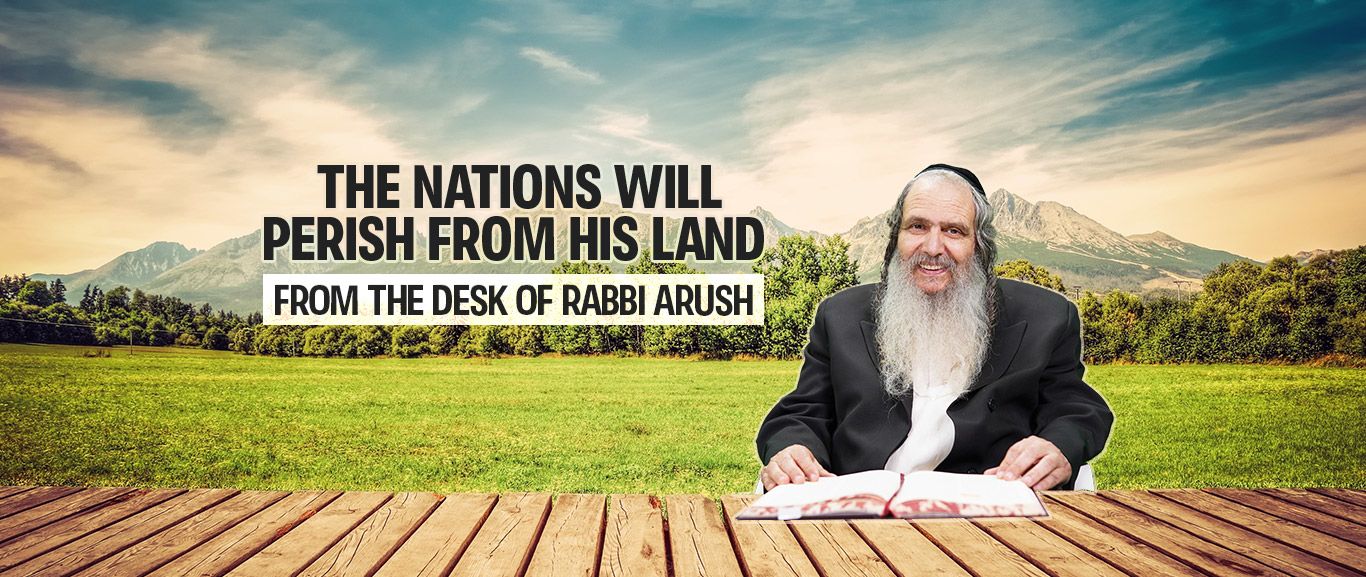
The Horse May Be Prepared for the Day of Battle, But Deliverance Is Hashem’s
This weekly parasha is the answer to a question I have been asked frequently in the past two months.
Immediately after the terrible massacre that befell us on Simchat Torah, a practical and philosophical question came up: Is this the right time to acquire a gun? Most of the rabbis reply that certainly, anyone who can get a license to carry arms should do his best to purchase a gun for himself, and even in charedi areas neighborhood emergency squads (kitot konenut) have been established.
We see that this is a simple measure that saves lives when faced with those beasts, those cowards who murder babies and children, elderly men and women. It has been proven that this can save lives. There are places where many terrorists were killed and chased away by someone using only one pistol or gun, and many Jewish lives were preserved.
But many of my students come to me and ask: You have instructed us for decades in the ways of emuna (faith) and tefilla (prayer); for years you have taught us what Rabbi Nachman said – that the main weapon of the Jew is prayer. Why should we all of a sudden engage in material efforts? Doesn’t that contradict complete emuna in Hashem and in Divine Providence?
It is really very simple, and I didn’t really need to address the issue, but since this question keeps coming up, I would like to put things in their proper order.
When Halachic authorities say that one should doing some hishtadlut (effort) regarding saving lives, there is no question about this, and they must be obeyed. This does not take anything away from what we have taught all these years. It is clear that the main things are emuna and tefilla, because everything comes from Hashem yitbarach (May He Be Blessed). Woe to him who purchases a weapon because he places his trust in it, chalila. We trust only in Hashem, and the main hishtadlut we do is only teshuva (repentance), prayer, and good deeds.
The weapon is purchased only to fulfill our obligation to make an effort, because simple reality dictates that guns can save lives, and as part of the mitzvah of saving lives we listen to the great rabbis. But it is clear that our main hishtadlut and trust are aimed at praying to Hashem yitbarach that he should redeem us with mercy.
There is no contradiction between emuna and bitachon and our obligation to make basic efforts ourselves. As Rabbi Nachman writes in Sefer Hamidot: “At a time of war one must prepare war tools as is customary, and the Holy One, blessed Be He, will do as he wishes, and one must not depend on a miracle.” We are at a time of war, and our enemies and haters are everywhere.
Follow the Sheep
In this week’s parasha this issue is much emphasized.
Yaakov Avinu is called by Chazal, “the most perfect of the Patriarchs”. Perfect emuna, perfect kedusha (holiness), perfect tefilla. Yaakov returns to the land following a clearly stated commandment of Hashem, and surely, he should trust in Hashem that if Hashem tells him to return, nothing bad will happen to him. Especially when decades earlier, when he dreamt the dream of the ladder, Hashem promised him that He would watch over him wherever he goes and would not desert him until He has fulfilled all His promises to him. “I am with you. I will protect you wherever you go.” Is there any clearer way to say this?
And especially when we know from the holy books that the forces of the sitra achra (the “other side” – evil) cannot gain control over a perfectly holy person. We have stories about holy tzaddikim who were saved miraculously from wild animals and beast-like people. Yaakov Avinu was certainly a completely holy person. This was especially true once Yosef Hatzaddik was born to him, Yosef who was the pillar of kedusha, and Yaakov knew that Yosef Hatzaddik was the natural adversary of Eisav, as mentioned by Rashi in the previous parasha – we discussed it here.
So, Yaakov Avinu had promises, clear directives from Hashem, perfect tefilla, perfect kedusha. He has all the spiritual factors to be completely safe and protected. Accordingly, Yaakov had all the reasons in the world to trust in Hashem and not do any military hishtadlut against Eisav Harasha (the wicked).
And yet, as we all know, Yaakov Avinu prepared himself – gave gifts, prayed, and prepared himself for war. As Rashi says about the passuk, “The remaining camp will be the survivor” – “against his will, because I will fight him.” He did all necessary hishtadlut, of course together with tefilla.
Our patriarchs are our guides. What was right for Yaakov is certainly right for each and every one of us in our generation. But certainly, one must make sure that the physical efforts should take second place to the spiritual efforts, which are to be emphasized.
Therefore, what all those who are asking really mean is that they do understand that the main hishtadlut should be on the spiritual level, and they are definitely right about that, but it has no connection to the fact that one must make the simple efforts and not depend on miracles.
Hashem is King for Ever and Ever; The Nations Shall Perish from His Land
If so, what is the correct spiritual hishtadlut for these times? How can we increase Hashem’s protection of our soldiers and of all those who dwell in the Holy Land?
We have already mentioned gratitude and tefilla. We should thank Hashem more for our miraculous existence and for every moment and detail in our lives. And pray from the depths of one’s heart to Hashem, that only He can fight for us. For if there is one clear thing that can be learned from the severe blow we have received, it is that “If Hashem doesn’t protect a city, the guard keeps watch in vain.” And we hear stories from our soldiers about truly miraculous salvations. They too feel that they are enveloped in miracles, for “I will not trust in my bow, and my sword will not save me.” and when we meet soldiers, all of them ask us to pray for them. “This is what we need.”
I wish to add one more big and powerful thing that can tilt the scales. The passuk says: “Hashem is king for ever and ever; the nations will perish from His land.” What is the connection between the beginning of the passuk and the end?
By crowning Hashem as king, the holiness of the Land of Israel is revealed; and when that holiness is revealed, the land ejects all our enemies and opponents. Our battle is a spiritual battle between the son of the maidservant and the son of the king. The sons of the maidservant steal the kingship from Hashem yitbarach, and we, the royal descendants, must return Hashem’s kingship to its proper place to show that we are the princes, and the land is rightfully ours.
And how does one crown Hashem as king?
Rabbi Nachman says in Teaching no. 4 that in order to return the kingship to Hashem yitbarach, we must confess. Practically speaking, this means to do the main thing Rabbeinu advised – to perform hitbodedut daily, and during it take account of our actions and tell Hashem everything we have done since yesterday’s hitbodedut. This is called vidui devarim (verbal confession), which lifts the kingship to its root.
We have already written a whole, practical and detailed book, and we have also explained at length that this piece of advice has endless benefits and segulas and advantages, and it really, really changes a person’s life. This book is called In Forest Fields, named for David Hamelech, who would do hitbodedut in fields and forests, and thanks to that he had the merit to return the kingship to Hashem yitbarach, and, thanks to that, he was the greatest warrior, who defeated all of the Jews’ enemies: “And Hashem granted him repose from all his surrounding enemies.”
Dear Jews, this is the time to strengthen ourselves: to speak to Hashem every day, to tell Him every day what you have done, to thank Him for the good, to ask for forgiveness for what is still not so good, and to ask for help. It is so sweet, so pleasant, so enlivening. And, in addition, it is what returns the kingship to Hashem, causing the nations to perish from his land, and that is what protects our families at home and our soldiers on the front lines.


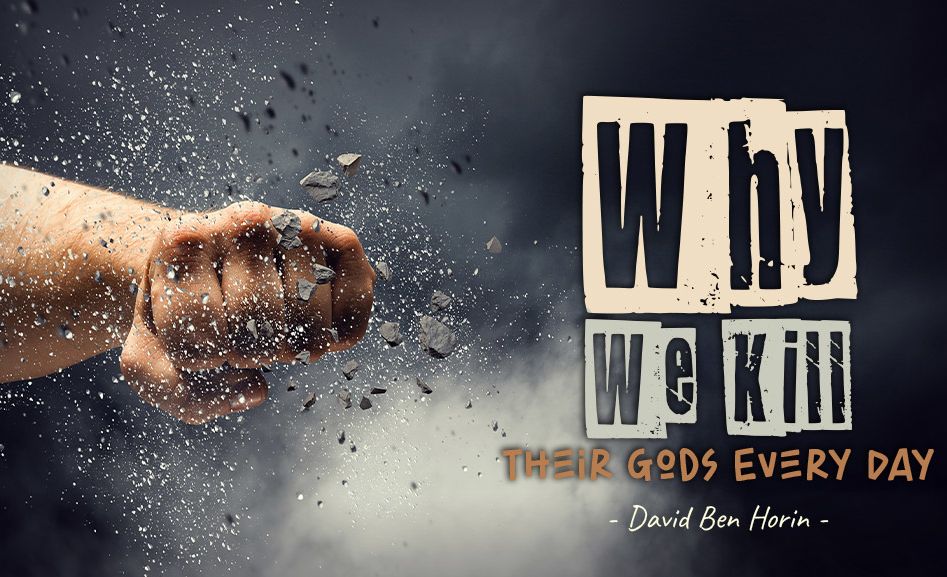
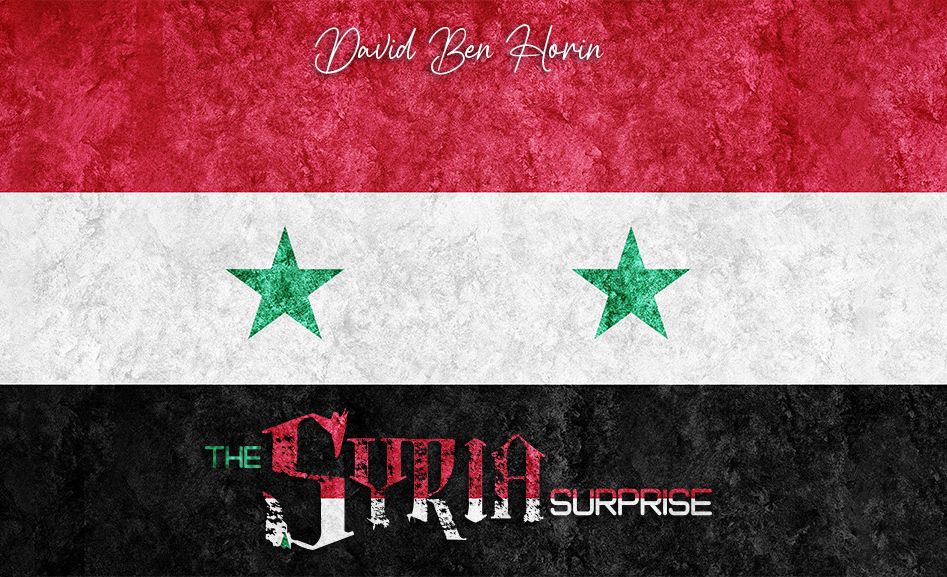
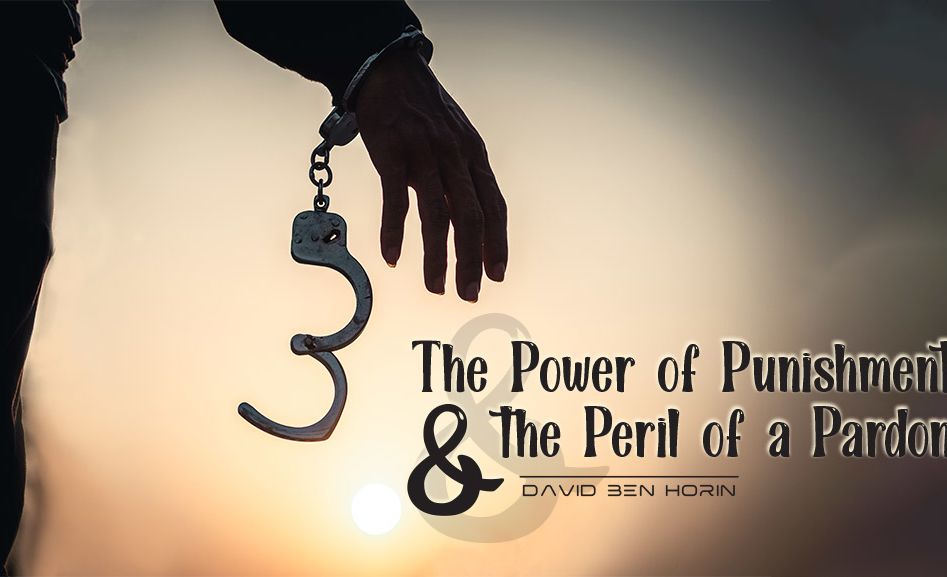

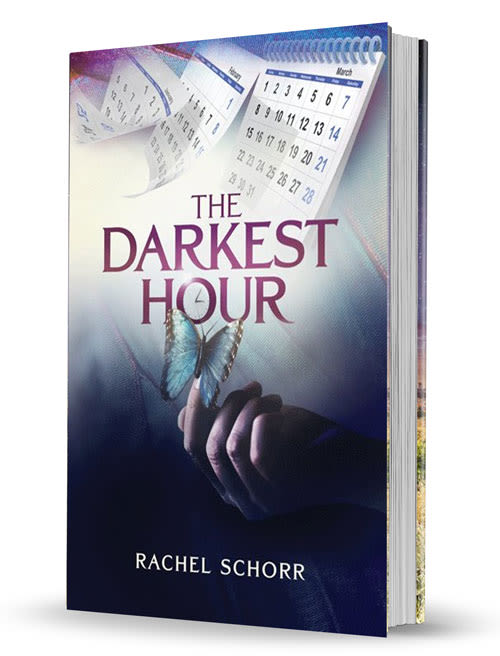


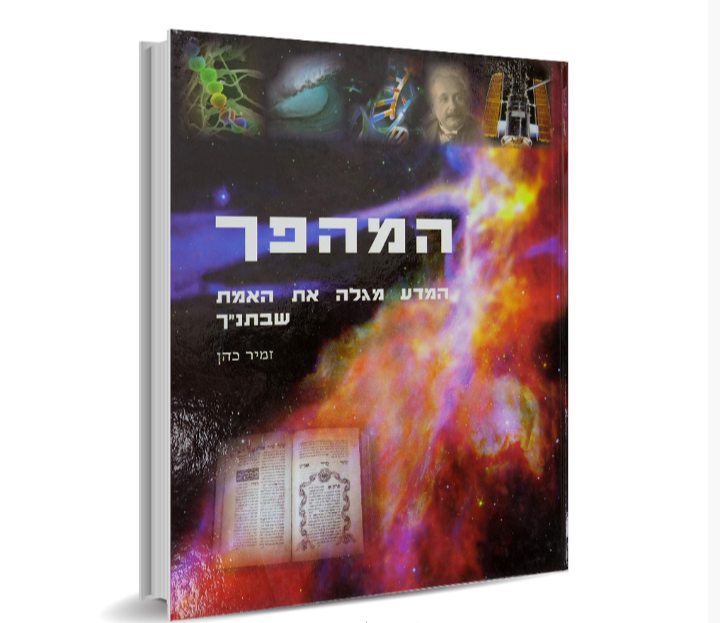
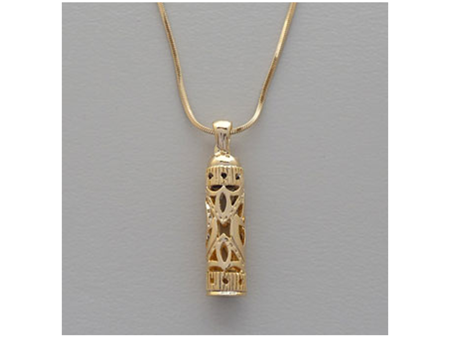
Tell us what you think!
Thank you for your comment!
It will be published after approval by the Editor.